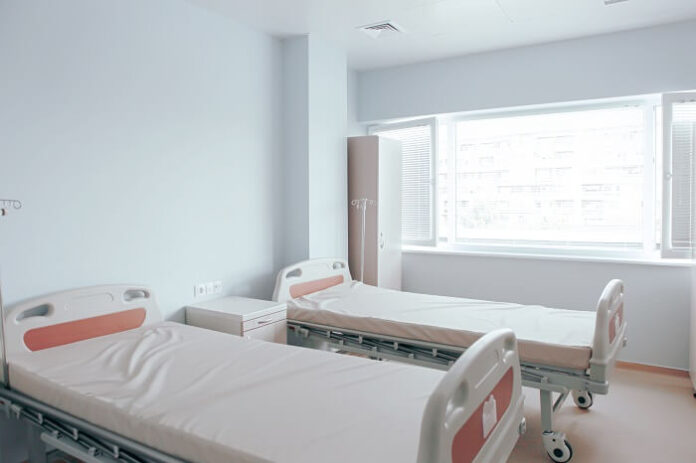Krishna Institute of Medical Sciences (KIMS), a prominent South Indian hospital chain, has entered the Mumbai healthcare scene by launching a 300-bedded super-specialty hospital in Thane. Simultaneously, Nanavati Max Hospital in Juhu is constructing a multi-storey facility within its existing 330-bed complex, aiming to more than double its capacity. In Borivli East, D-Mart owners are steadily advancing civil work on a proposed 1,000-bedded hospital. Clearly, Mumbai’s hospital sector is witnessing unprecedented growth.
Surge in Hospital Bed Capacity
According to the Brihanmumbai Municipal Corporation (BMC) budget presented in February, the city currently has 15,302 beds in government hospitals and 31,076 in private hospitals. An additional 3,515 beds will be added through ongoing renovations at BMC-run facilities. Interestingly, private hospitals—traditionally smaller in size—are now scaling up to 1,000-bed capacities, a size once reserved for public medical college hospitals.
Bigger Hospitals, New Strategies
Hospitals such as Bombay Hospital in New Marine Lines and Kokilaben Ambani Hospital in Andheri already house over 700 beds. However, upcoming facilities like Nanavati’s expansion and D-Mart’s new hospital will soon rival those figures. Adani Group’s proposed medical college in Kandivli will feature 1,500 beds, highlighting this growing trend.
“Many private hospitals are adopting the marginal costing model,” explained Dr. Vivek Desai of HOSMAC, a hospital management consultancy. Under this approach, hospitals accept varied payments per bed—allocating some for patients covered under government schemes like CGHS and Ayushman Bharat. The state’s new initiative offering universal healthcare for residents over 70 years old will also direct subsidised or free care to private and public hospitals alike.
Increased Patient Load and Better Services
As reported by TOI, this bed expansion will not only increase patient intake but will also enhance the utilisation of diagnostic and therapeutic services. Corporate hospital groups find the multispecialty model financially viable, offering high-revenue services like oncology, cardiology, orthopaedics, and gastroenterology under one roof.
Challenges Loom: Skilled Workforce Shortage
Despite this progress, a senior doctor from a BMC hospital warned of a looming challenge: a shortage of trained medical and non-medical professionals. As competition intensifies, hospitals are witnessing an exodus of skilled personnel. Moreover, previous NGO studies have highlighted an acute shortage of public hospital beds, particularly in Mumbai’s distant northern suburbs.
In summary, Mumbai’s hospital infrastructure is expanding rapidly, but sustaining this growth will require careful attention to workforce development and equitable access to care across all regions.
























